
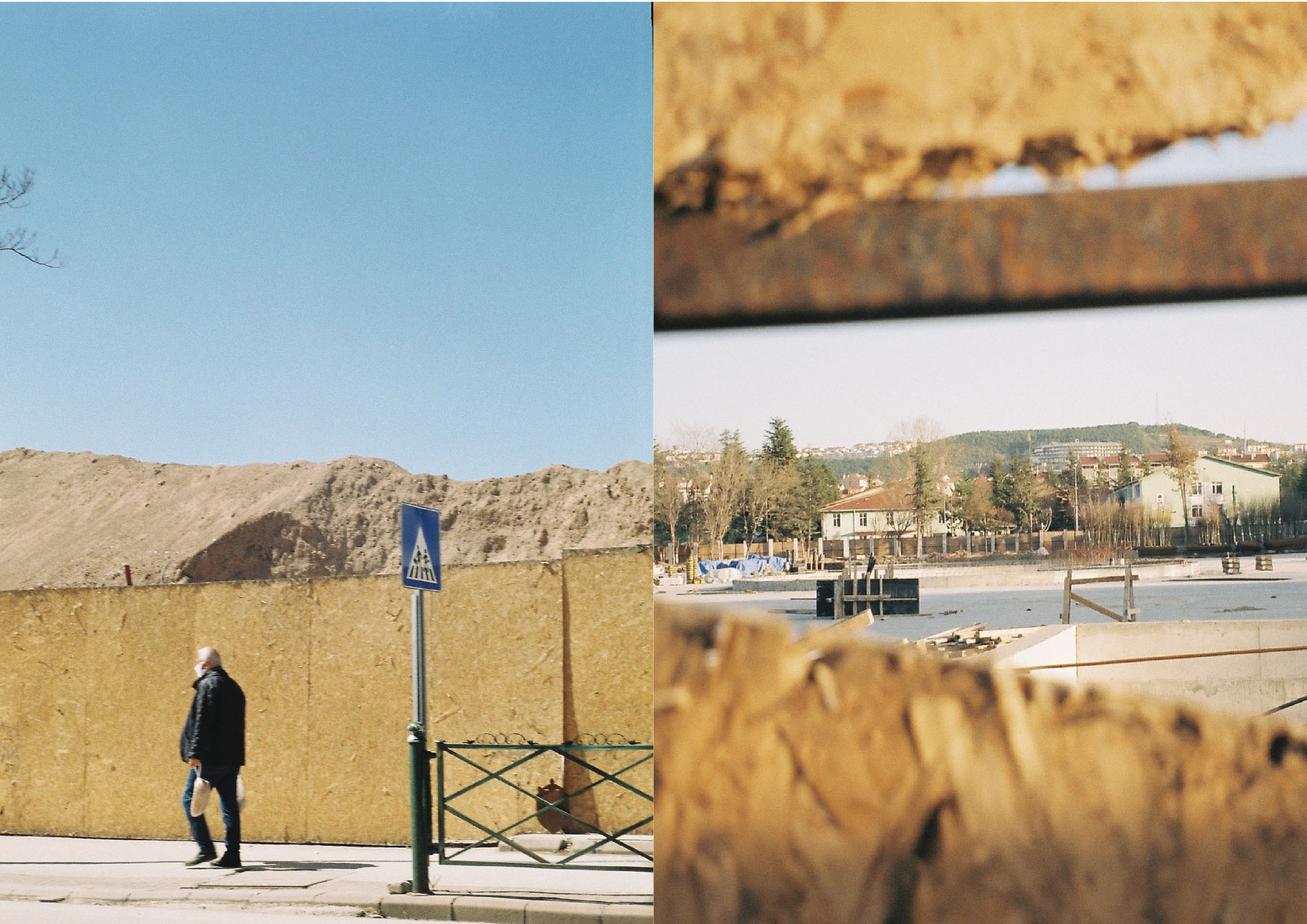
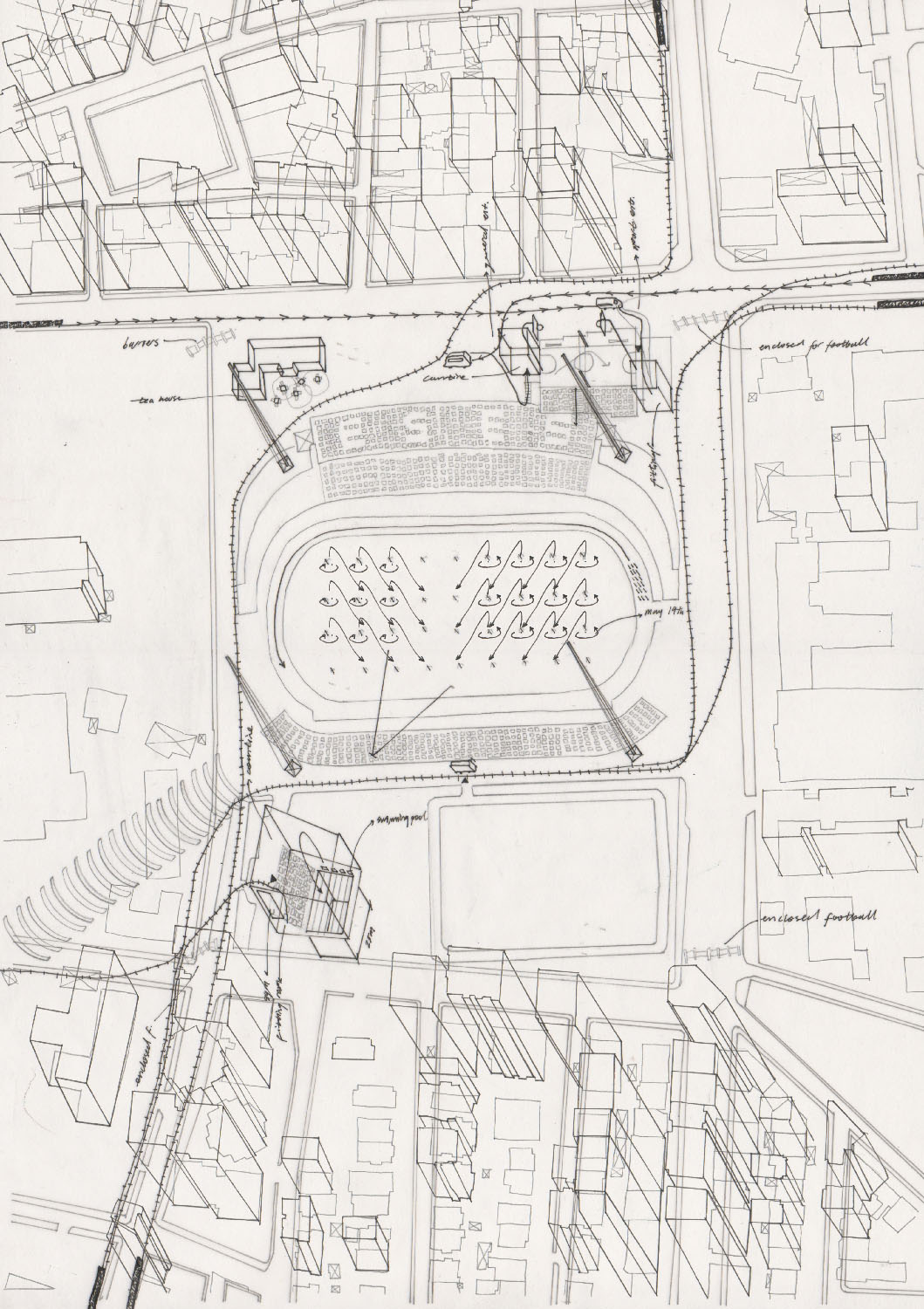
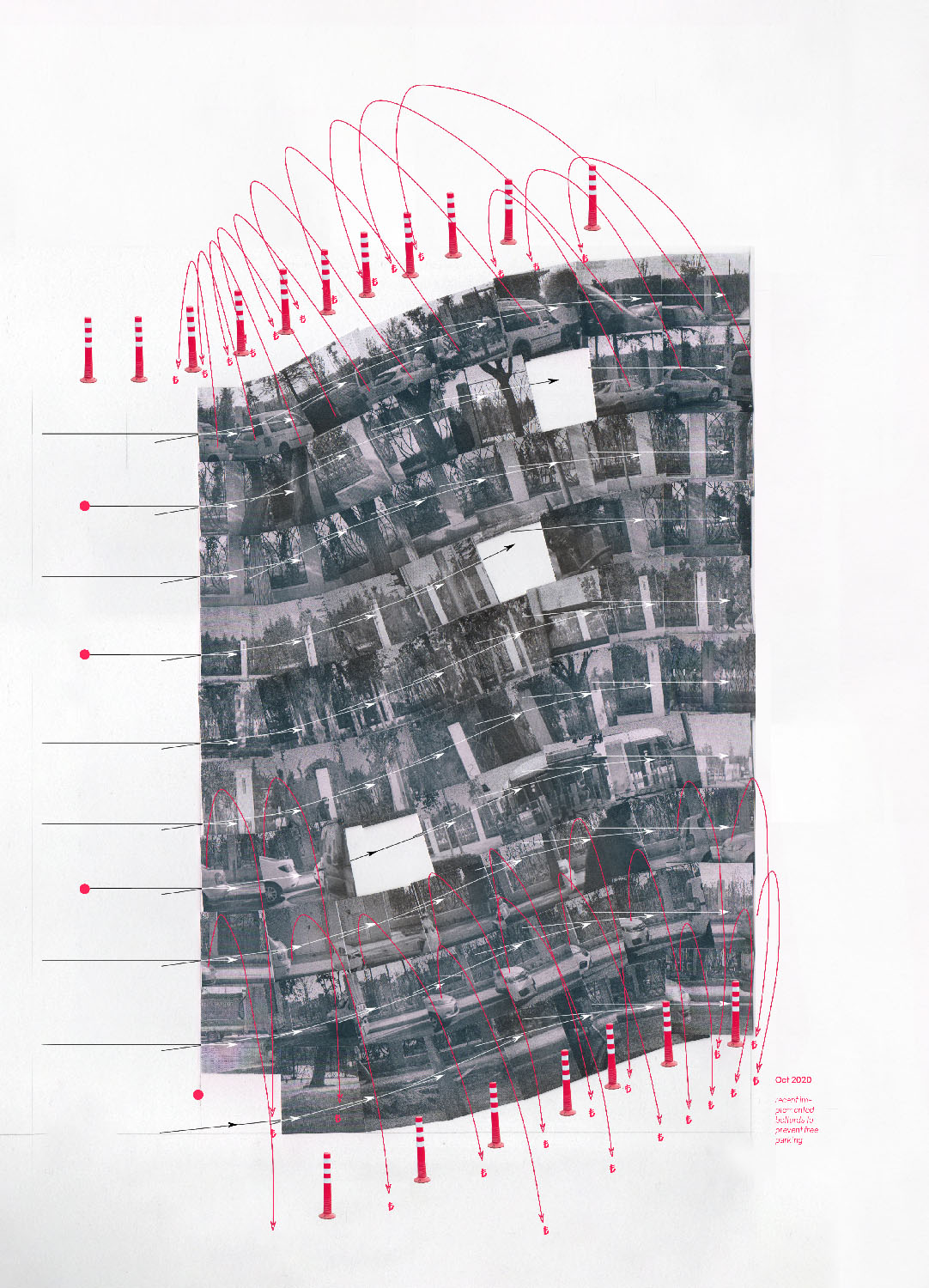
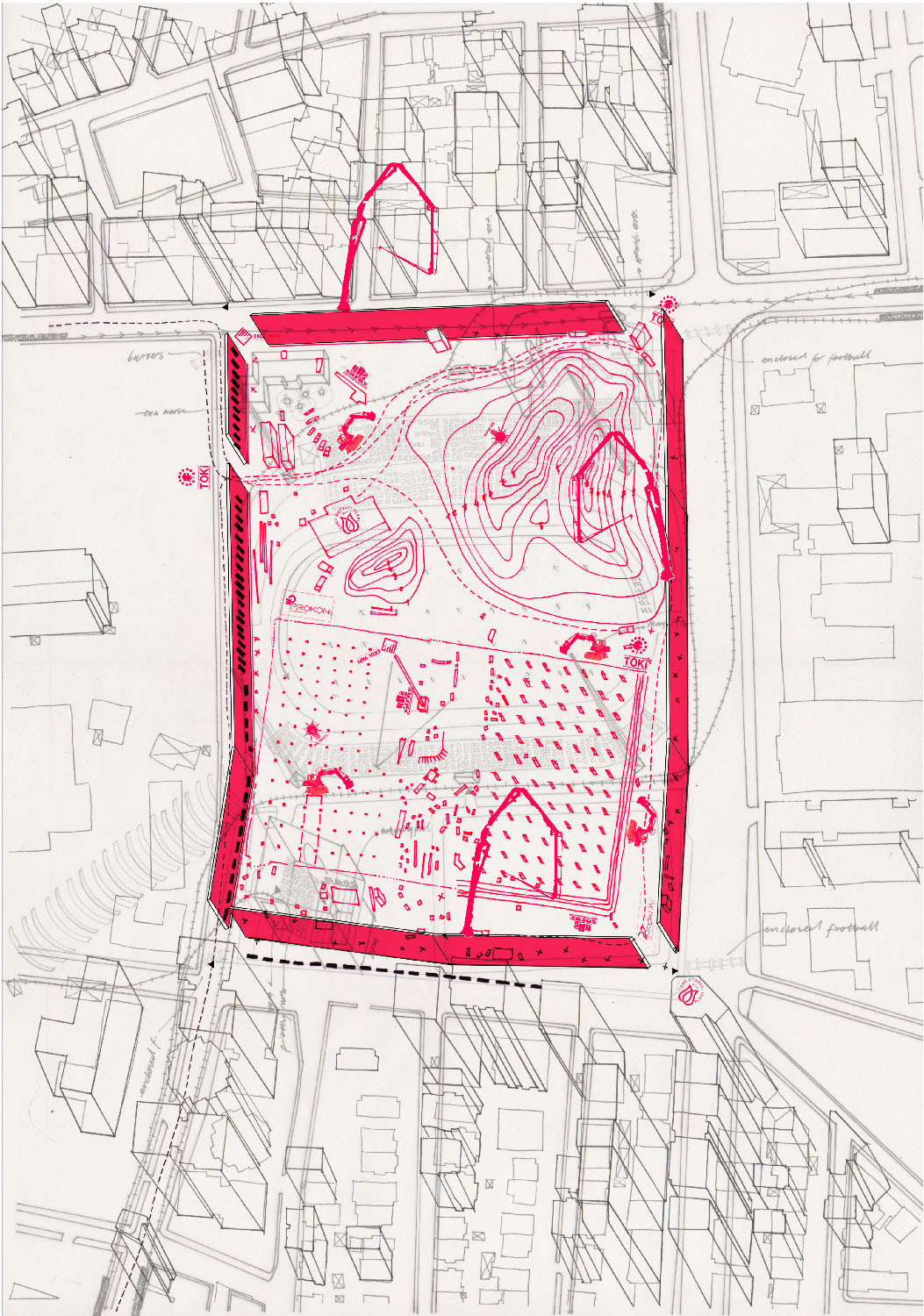

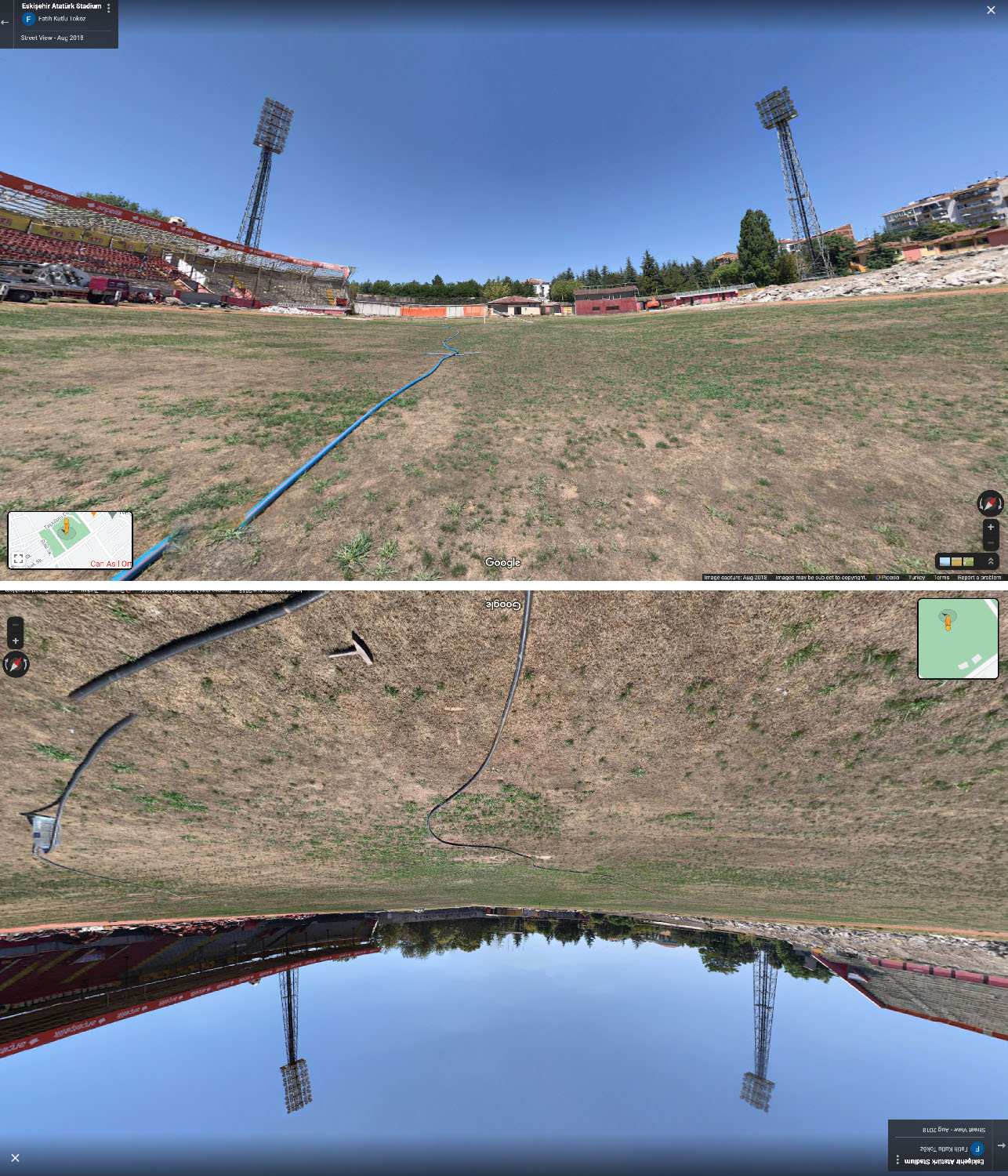



Since 2018, the Turkish government has expropriated land it deems vacant or inefficiently occupied for use as public spaces replete with “coffeehouses, bicycle and walking paths, playgrounds, sports areas, picnic sites, fruit and vegetable plots, and many more facilities.” Governmental authorities intend to build some four-hundred of such “Nation Gardens,” with at least one in each of the country’s eighty-one provinces. The construction of these so-called public spaces aim not only to appropriate public properties—the initiative is a thinly veiled scheme to increase the income of private developers, many of whom are allied with the central government—it also violently uproots those who had once called it home, replacing their personal memories with state-sanctioned heritage.
composting archives resists this dis- and replacement by reinserting the personal into the “public.” Just as a compost heap is made by balancing the “green” and “brown” to establish a suitable carbon-nitrogen ratio, it proposes an equilibrium of personal and national archives. In Turkey’s political conjuncture that treats these “composts” as noxious and conceives the “green” materials as waste, this study insists on the establishment of composts recognizing the significant balance between the “green” and the “brown”.
composting archives resists this dis- and replacement by reinserting the personal into the “public.” Just as a compost heap is made by balancing the “green” and “brown” to establish a suitable carbon-nitrogen ratio, it proposes an equilibrium of personal and national archives. In Turkey’s political conjuncture that treats these “composts” as noxious and conceives the “green” materials as waste, this study insists on the establishment of composts recognizing the significant balance between the “green” and the “brown”.
Harvard GSD
Charlotte Malterre-Barthes
Charlotte Malterre-Barthes
Fall 2020
Academic / Individual
Academic / Individual
composting archives